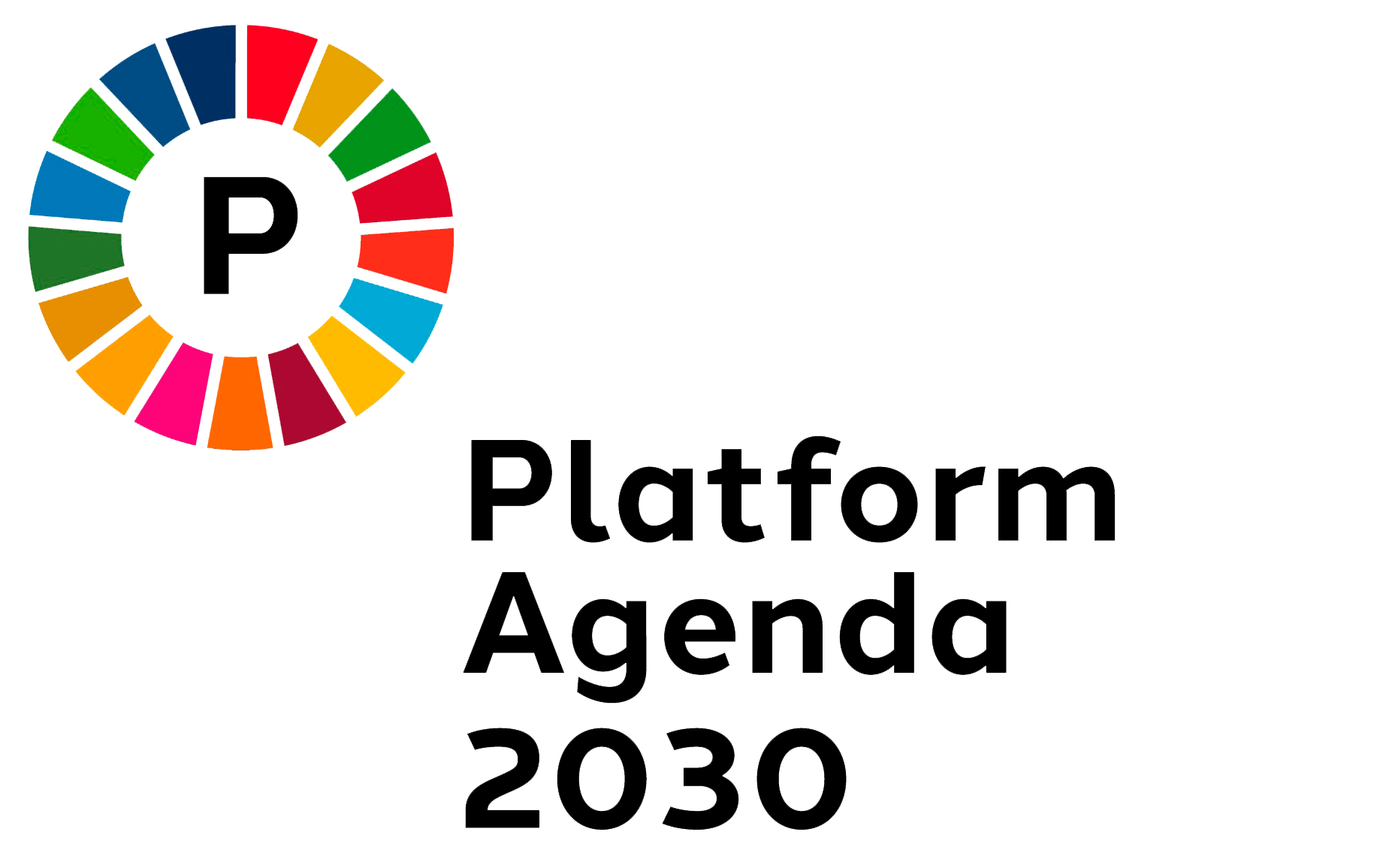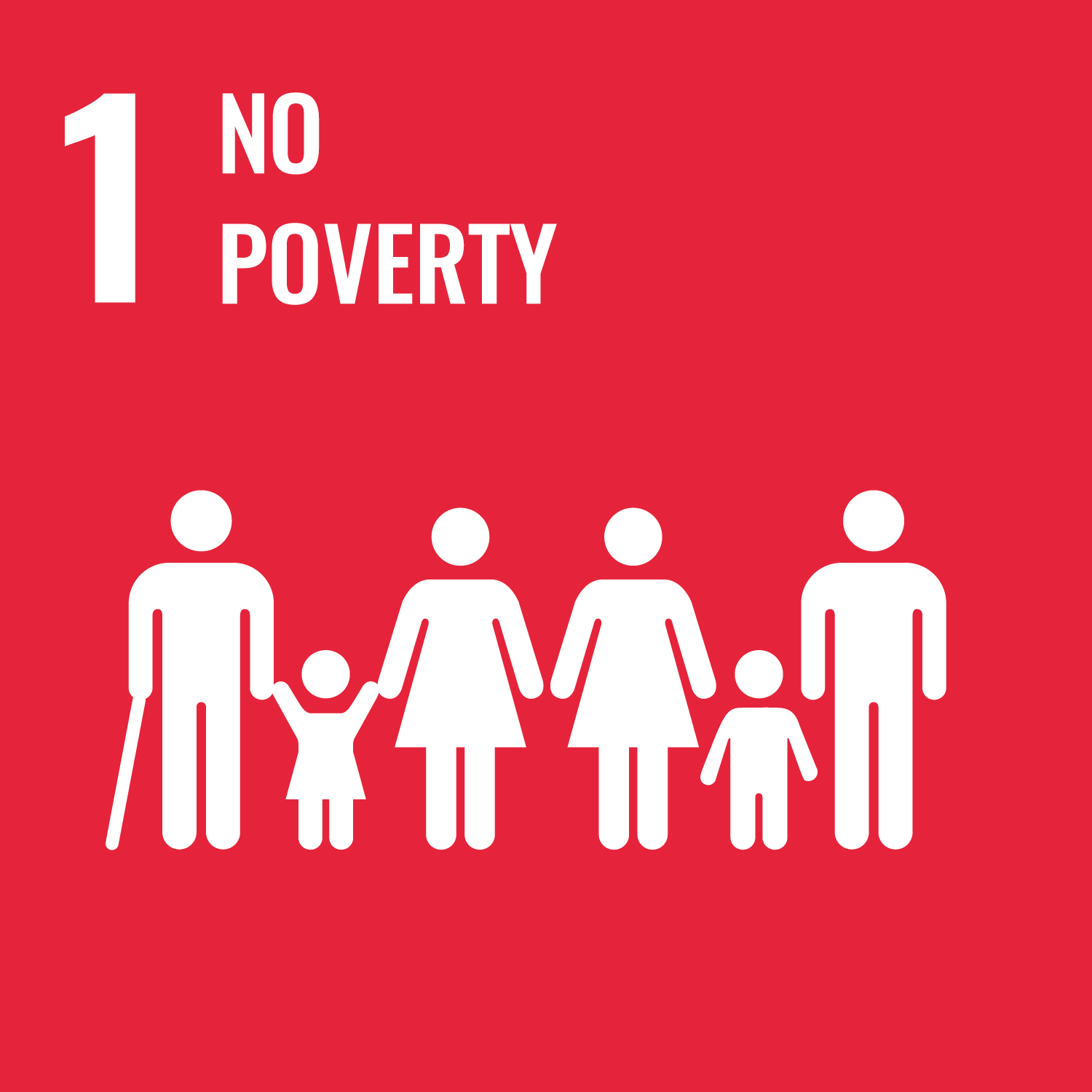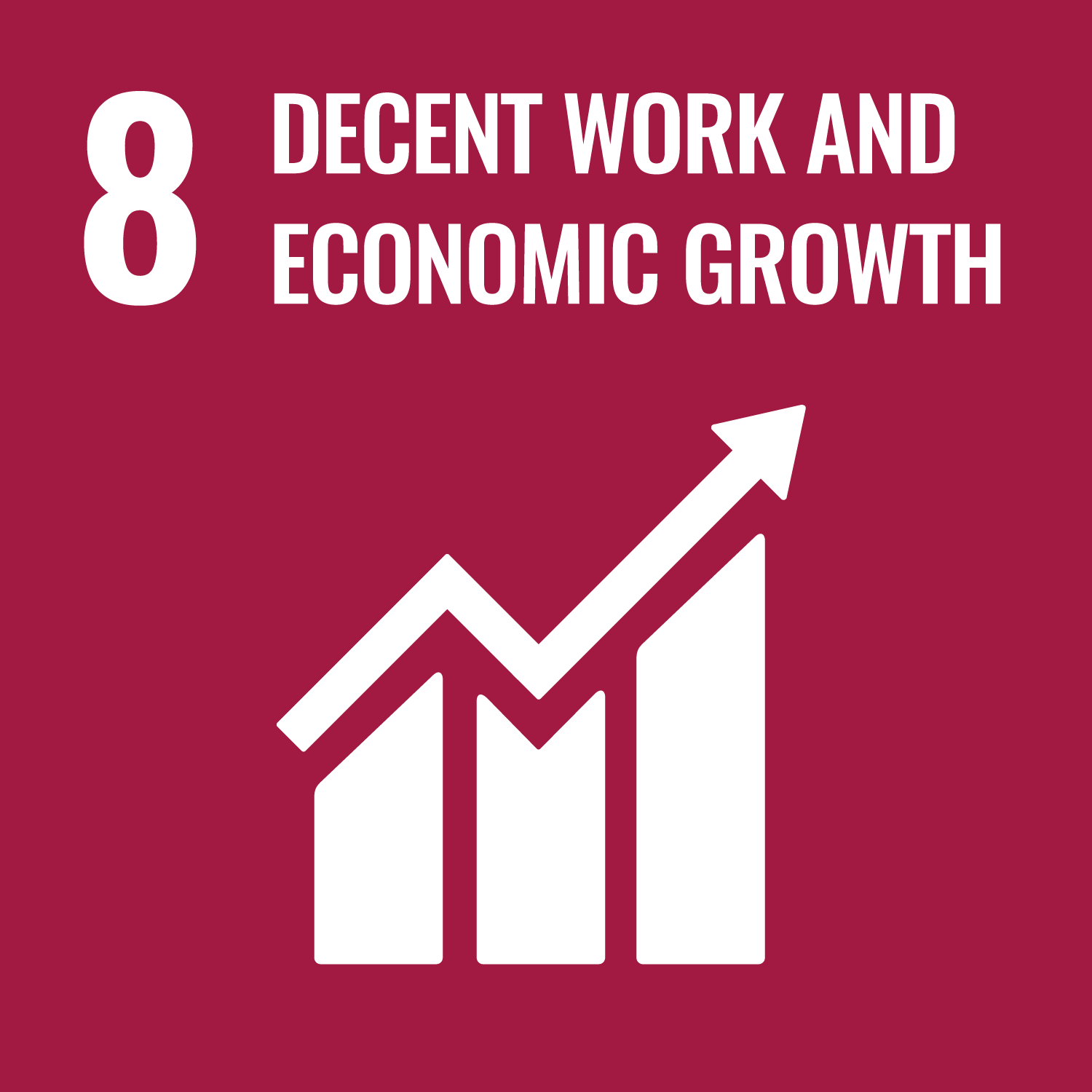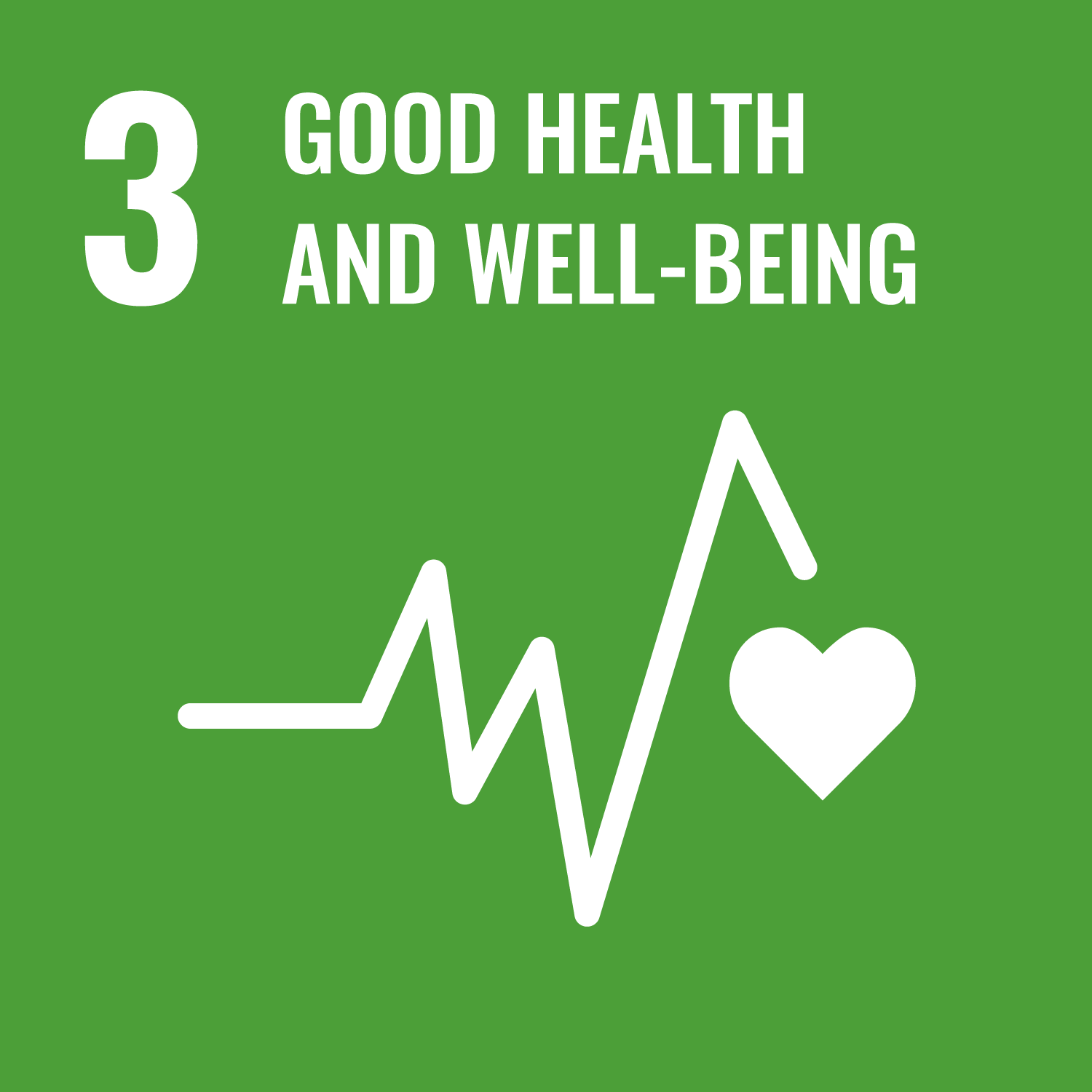Living income for all
The high cost of urban housing and high health insurance premiums also place a disproportionate burden on those on low incomes. Large numbers avoid necessary medical treatment because they cannot afford it. This can lead to follow-on health problems or even disability, which in turn present a poverty risk.
Switzerland has a good social security system but it does not guarantee that everyone is able to cover their basic expenses. Coverage is poor where care work is concerned, for example, which places women at a particular disadvantage. It is also difficult for those without a Swiss passport to access the system. Instead of closing these gaps, budget cuts to social security and the rule that non-nationals who are dependent on social security may lose their residence rights are increasing the pressure on people living in poverty.
Preventing and combating poverty in the long term demands a proper strategy and reliable data. Switzerland has neither. That said, a major step has been made at the national level with the new framework to monitor poverty. The active involvement of the cantons will now be crucial to establishing a better overall picture of poverty in Switzerland.
Additional causes of poverty at the global level are the climate crisis, humanitarian disasters and conflicts. People in poverty are virtually defenceless against the consequences of climate change. The impact of the COVID-19 pandemic is also felt most keenly by the poorest in countries with no functioning social security system. With poverty making disability more likely, and disability often leading to poverty, people with disabilities are at special risk.
Swiss development assistance remains at a low level. The international cooperation strategy is based on the 2030 Agenda. However, there is no multidimensional concept for tackling multiple discrimination (such as that against women with disabilities) that is based on inclusion and leaves no one behind, in the sense of the guiding principle of the 2030 Agenda.
- The federal government and the cantons guarantee a minimum subsistence-level income for all, regardless of origin, gender, or disability, etc.
- The federal government draws up a national strategy on poverty. This sets the target of reducing poverty by at least 50% by 2030, formulates specific measures to tackle the root causes of poverty, and delineates the roles played by the federal government, cantons and local authorities.
- The federal government involves stakeholders in a meaningful way in work to draft strategies and measures.
- The cantons contribute to a reliable basis of data on poverty in Switzerland. They report regularly on the poverty situation, identify what needs to be done, and take action.
- Switzerland applies the UN Convention on the Rights of Persons with Disabilities at the national level and in its international cooperation, and must advance the inclusion of disabled people.
- In efforts to combat poverty internationally, Switzerland must endeavour to reach the most disadvantaged people first. It must ensure that political decisions neither exacerbate existing conditions of poverty nor create new ones.
- Switzerland must increase its development assistance to at least the agreed 0.7% of gross national income.
In collaboration with Kristina Lanz and Laura Ebneter, Alliance Sud, Aline Masé, Caritas Switzerland, Mirjam Gasser, CBM Schweiz/Swiss Disability and Development Consortium
Report as PDF
- Caritas: Armut in der Schweiz (German and French)
- Kristina Lanz: “Poverty is a political choice”. Alliance Sud. global #79 automn 2020.
- UNDP and OPHI. Global Multidimensional Poverty index 2020 – Charting Pathways out of Multidimensional Poverty: Achieving the SDGs. Report. United Nations Development Programme and Oxford Poverty and Human Development Initiative. 2020.











